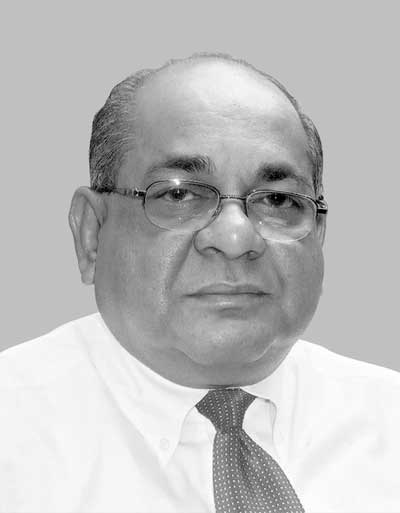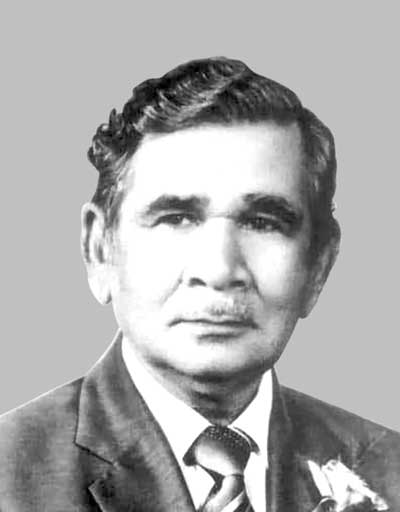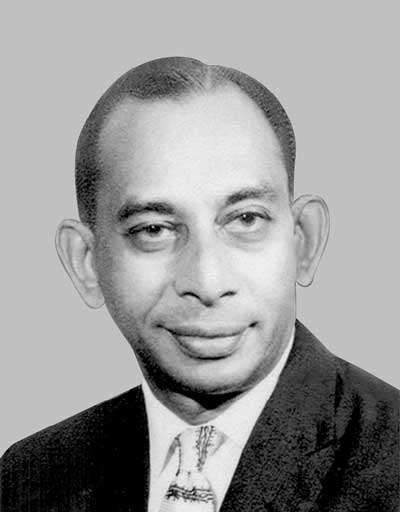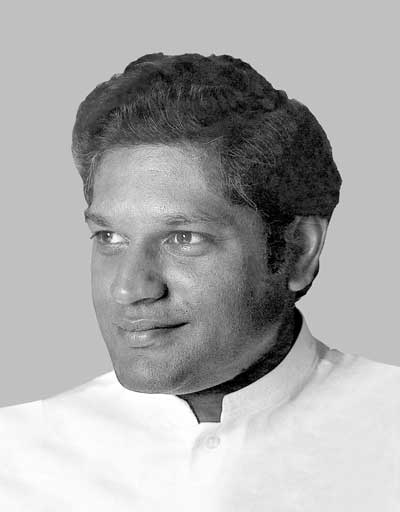WIT AND WHIMSY
Michael Mack
Aitken Spence
Michael Mack was drawn to the commercial sector from the young age of 21 years. He started as a trainee executive for what would later be considered a considerable career – the enterprise that hired him was Aitken Spence and he would dedicate almost a half century of his life to it.
The Aitken Spence of that time was a private limited liability company owned and managed by an expatriate board of directors who were all British. It was not until after the departure of the Englishmen from pre-republic Ceylon and the ‘Ceylonisation’ of the board that the company transformed into the corporate force it is familiar as today.
By the time Mack was in his in his mid-30s, he had progressed well beyond his trainee executive status and was appointed a director of Aitken Spence. He had married a few years earlier, and was more than ready to assume higher and more responsible positions in life.
Friends fondly reminisce about a warm, spirited and intelligent man who was as benevolent as he was shrewd; his kindness as much as his advice was frequently sought, and he gave of both spontaneously and generously.
Sri Lanka owes the existence of some of its more outstanding hospitality properties to Mack’s dogged efforts. It was he who prevailed upon Geoffrey Bawa to bring his significant talents to the conceptualisation and design of hotels such as the Neptune, Triton and Kandalama. Their shared love of nature ensured that the locations retained much of their indigenous fauna and flora, which have contributed to the longevity of their appeal.
Mack reached the zenith of Aitken Spence in 1991, as its chairman and managing director. His fertile mind, energy, vision and substantial individual contribution together with that of others is credited with the mighty corporate force the conglomerate is today. It is said that Aitken Spence was ‘his life, his heart and his soul.’
In the privacy of his personal time, he indulged in the fascinating hobby he’d had from his youth of owning fighting cocks and fighting them in the days when this activity was permitted. In his later years, he reared them as domestic pets.
And even after his passing, the majestic birds remain, strolling in his garden. Their aesthetic appeal and characters he found as absorbing as any commercial exercise.
Uniquely perhaps, Mack declined the national honour Deshabandu citing his desire to “retain his simplicity.”
Michael Mack: ambition and enthusiasm for accomplishment.






